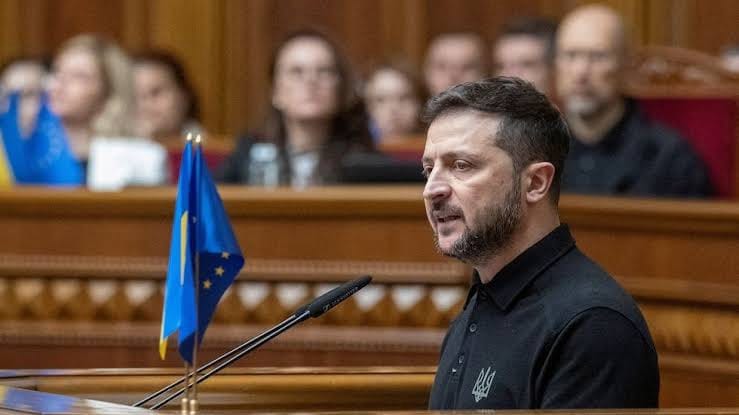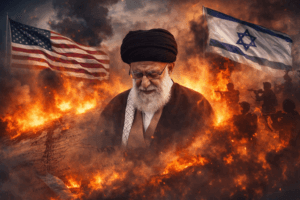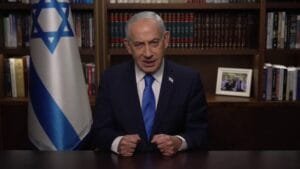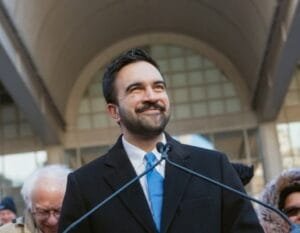NATO considers Zelensky’s “victory plan” amid U.S. election uncertainty
President Volodymyr Zelensky is set to unveil his ambitious “victory plan” for Ukraine at the NATO defense ministers’ meeting in Brussels this Thursday, casting a long shadow over the impending U.S. elections next month.

President Volodymyr Zelensky is set to unveil his ambitious “victory plan” for Ukraine at the NATO defense ministers’ meeting in Brussels this Thursday, casting a long shadow over the impending U.S. elections next month.
In a strategic move to bolster Western support, Zelensky will present his proposal at the NATO summit, following an appearance at an EU leaders’ gathering in the same city. NATO chief Mark Rutte will join Zelensky for a joint press conference at 6:20 PM (1620 GMT), marking the conclusion of the first day of discussions among NATO’s 32 member states.

While Rutte described Zelensky’s attendance as a “strong signal,” he clarified that NATO is not prepared to endorse the entire plan, particularly the call for immediate membership in the alliance—a request viewed as overly ambitious by many member nations. The U.S. and Germany have led opposition to this immediate entry, citing concerns that it could escalate tensions with nuclear-armed Russia.
Julianne Smith, the U.S. ambassador to NATO, reiterated this caution, stating, “We are not at the point right now where the alliance is talking about issuing an invitation in the short term.” Regardless of the outcome of the U.S. elections, analysts suggest that the stance towards Ukraine’s NATO membership is unlikely to shift significantly, with many fearing that a second term for Donald Trump could jeopardize the support Ukraine currently receives from the United States.
As one NATO diplomat noted, “We are in a kind of waiting mode,” reflecting the palpable tension surrounding the ongoing conflict and its implications for international relations.
The discussions come at a critical juncture for Ukraine, which is experiencing significant territorial losses in the Donbas region. Another NATO diplomat, speaking anonymously, described the situation as “very difficult,” asserting it is “the worst since the beginning of the invasion.”
Zelensky’s plan not only emphasizes Ukraine’s NATO membership aspirations but also insists on no territorial concessions and advocates for the lifting of restrictions on long-range weapons to target Russian military installations. According to Zelensky, the proposal includes deploying a “non-nuclear strategic deterrence package” within Ukraine to dissuade further Russian aggression, although it has yet to receive public endorsement from Western allies.
In the interim, Rutte emphasized NATO’s commitment to ensuring “massive military aid” continues to flow into Ukraine, stating, “We are working very hard to make sure they can prevail.”
Discussions around the potential end of the conflict are gaining momentum, with German Chancellor Olaf Scholz recently advocating for exploring avenues to negotiate peace, including talks with Russian President Vladimir Putin. Yet, some alliance diplomats remain wary, asserting that anything less than a decisive Ukrainian victory could embolden Russia, potentially exacerbating future conflicts.
High expectations were previously placed on a meeting of Ukraine’s allies at Ramstein U.S. air base, but this has been postponed, likely until after the U.S. elections. Meanwhile, as Russian forces intensify their attacks, Ukraine is urgently requesting enhanced air defense systems, but NATO has not indicated any forthcoming announcements.
As one diplomat succinctly put it, “I would be surprised if there was a surprise,” highlighting the cautious atmosphere surrounding NATO’s strategy and the future of Ukraine amidst an evolving geopolitical landscape.














